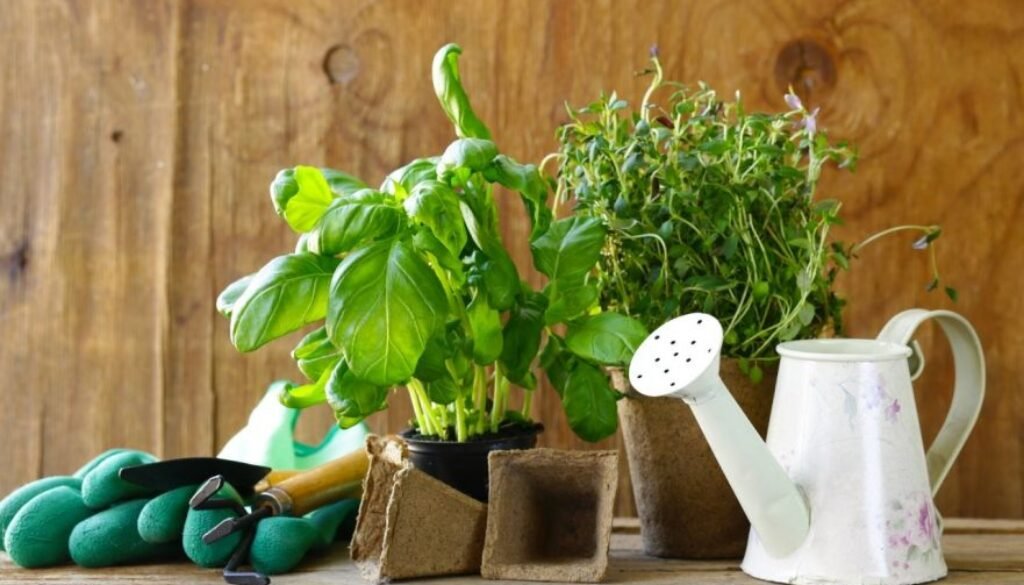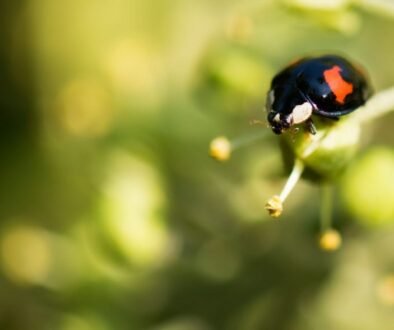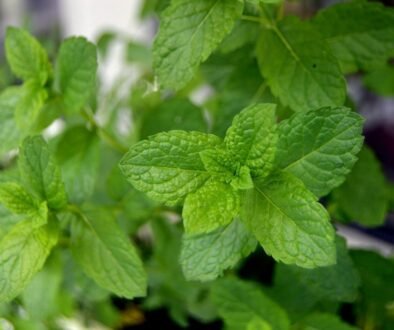Tips to practice the association of compatible crops in a correct way
If you have a home garden, you’ve probably heard the term “compatible crop association”. This technique is simply the combination of different species of plants in our organic garden, with different characteristics, with the aim of minimizing the competitive relationship between these plants growing together. In this way, being their needs and care different, the plants complement each other instead of competing for the available resources (substrate, water, sun, space…), minimizing the spread of pests and diseases, keeping your garden safe and even enhancing the taste and growth of the crops.
But you have to be careful, as there is also a harmful association of crops, due to the incompatibility of certain plants whose combination increases competition for existing resources and favors the proliferation of pests. An example of a positive association would be planting onions near carrots, as onions repel the carrot fly, a type of pest that tends to damage the crop quite badly.
Here are some tips to practice the association of compatible crops in a correct way:
Combine crops that have different growth rates
Lettuce (fast growth), can be planted in the free space left by a slower crop, such as cabbage for example, so there is no competition between the two.
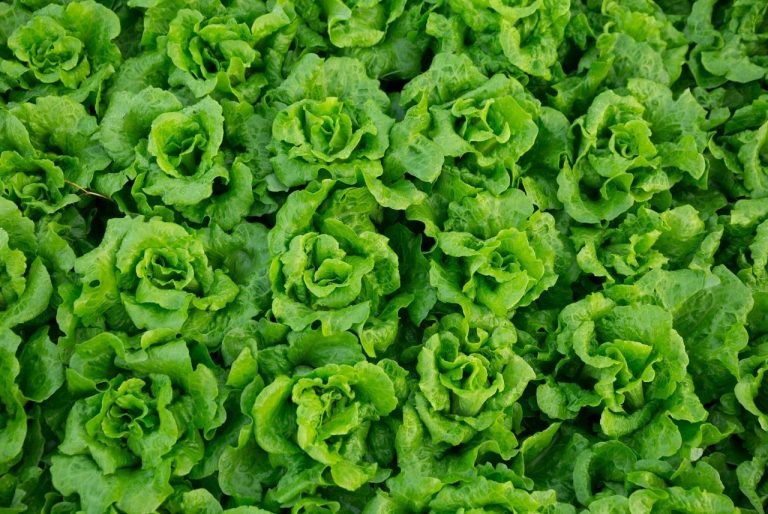
Do not put plants from the same family together, as they are often incompatible
Examples: Solanaceous (tomatoes, peppers, aubergines, potatoes…), Legumes (beans, broad beans, lentils, peas…) or curbaceous plants (melon, courgette, cucumber, watermelon…).
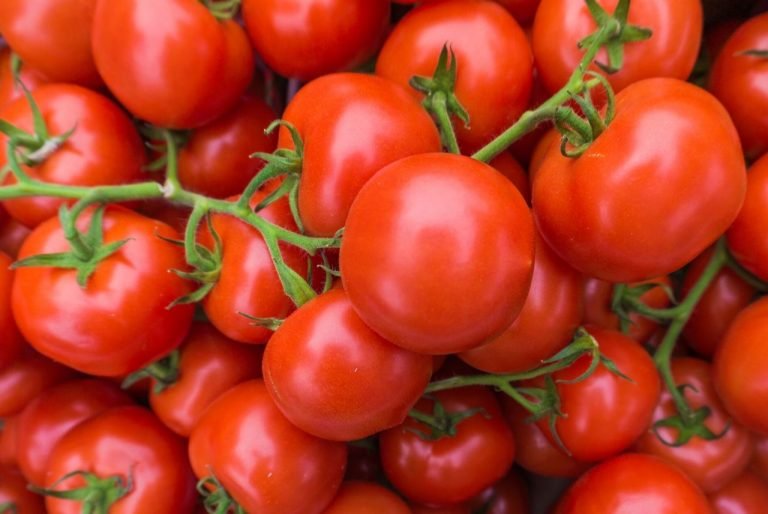
Plant legumes to incorporate nitrogen and nutrients into the soil
Next to a plant with a high demand for resources, which exhausts the soil (carrot, celery, corn…), you can plant legumes to incorporate nitrogen and nutrients into the soil.

Incorporate aromatic and floral plants to your orchard
It is a good idea to incorporate aromatic and floral plants to our orchard, keeping away pests and attracting insects that favour the biological control of your garden.
If you have any doubts about any particular combination, remember that our staff are experts in this field and will be happy to advise you. As always, we are waiting for yo
